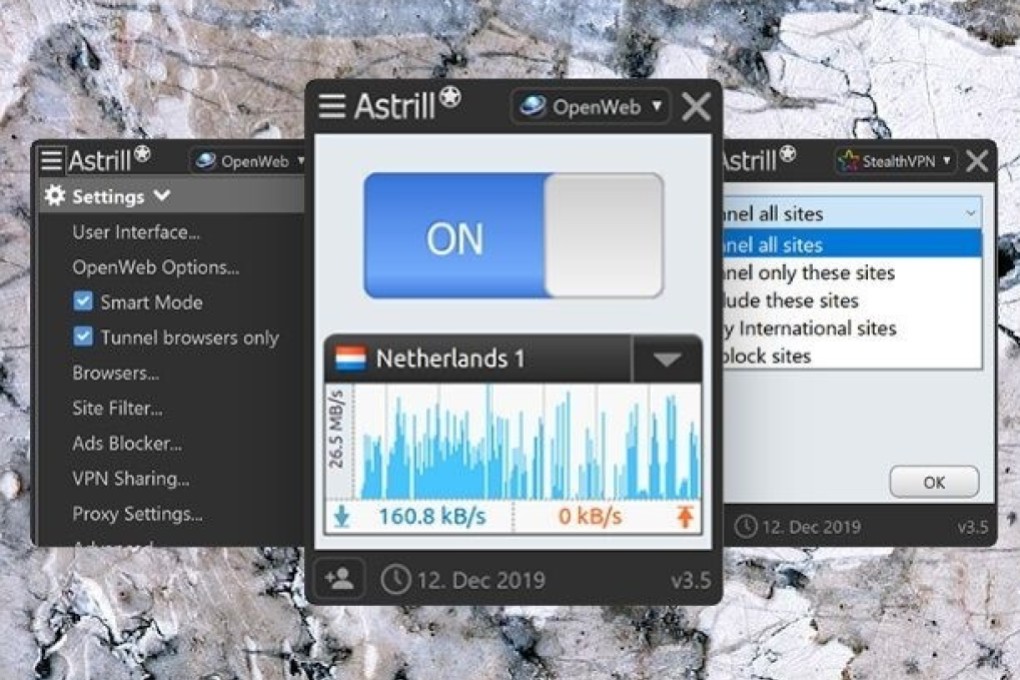2020’s best VPNs for consumers and people that work in China, from Surfshark to free VPN 360
- We break down five popular VPNs and look at their pros, cons, security and transparency
- Surfshark is fast and well designed, TunnelBear the most affordable paid option, Astrill VPN works consistently in China, and VPN 360 is totally free

There are several reasons why an internet user might want to reroute their internet connection to a random location. One of the reasons most often cited is a desire for internet privacy.
A VPN can also bypass regional locks for streaming content. For example, Netflix offers market-specific content in different countries. Using a VPN to reroute your location would allow you to gain access to content available in that location that might not be available in yours.

But first, what is a VPN and how does it work? A VPN is a software program that intercepts the internet connection that flows between your computing device and your internet service provider. Once the data is intercepted, a VPN server is supposed to obscure your IP address (the unique identifier of your computing device) and reroute the passage of data through another location (usually of your choice), before sending the information to the internet service provider.
Can you trust a VPN to not misuse your data? The simple answer is no.